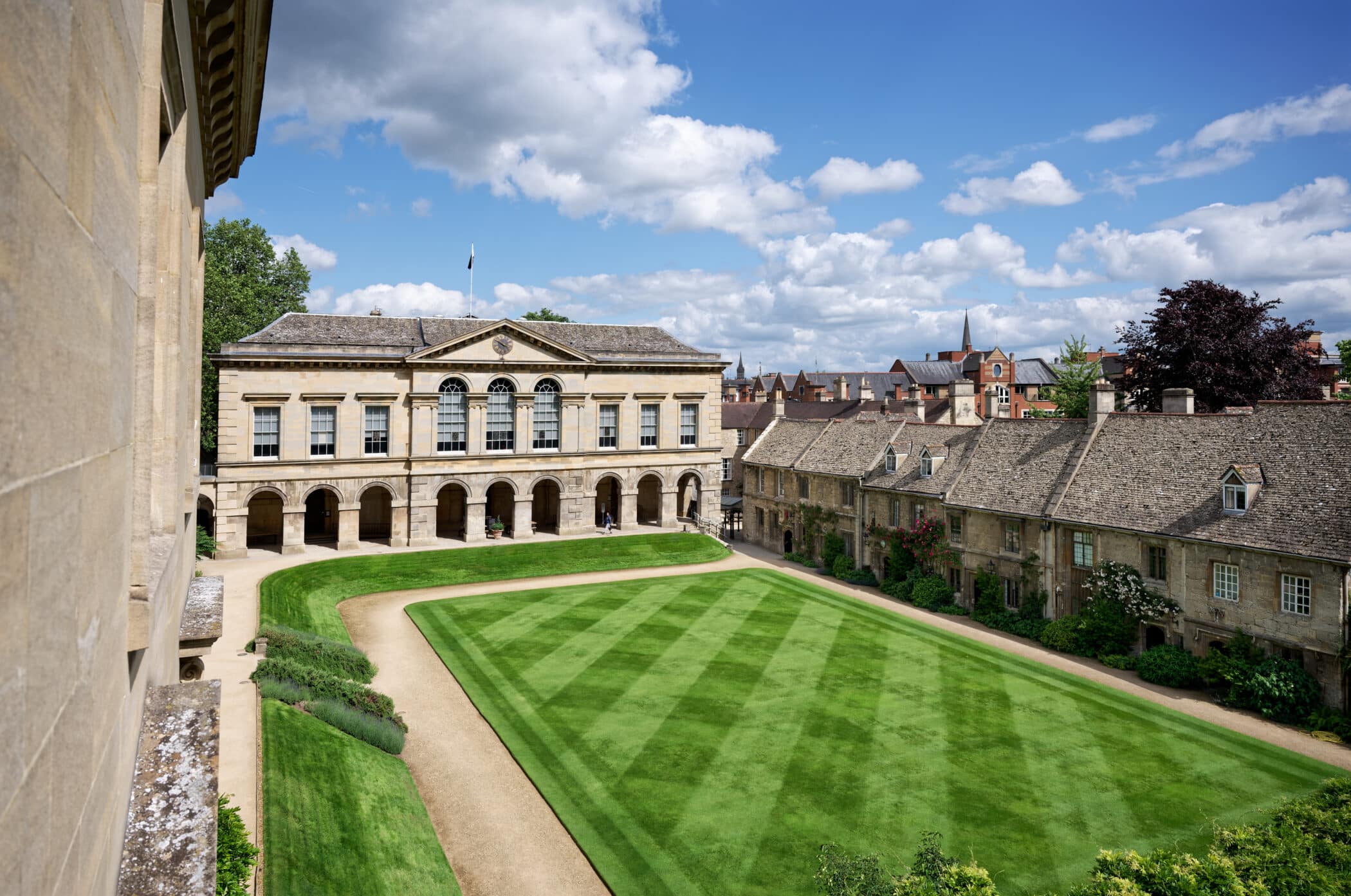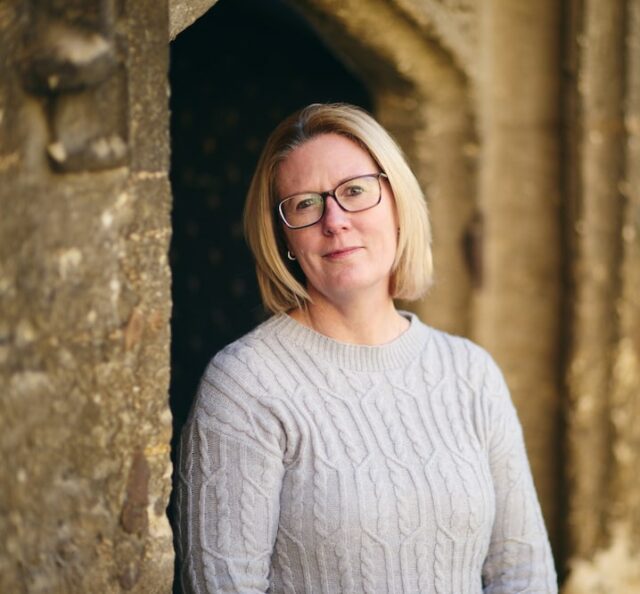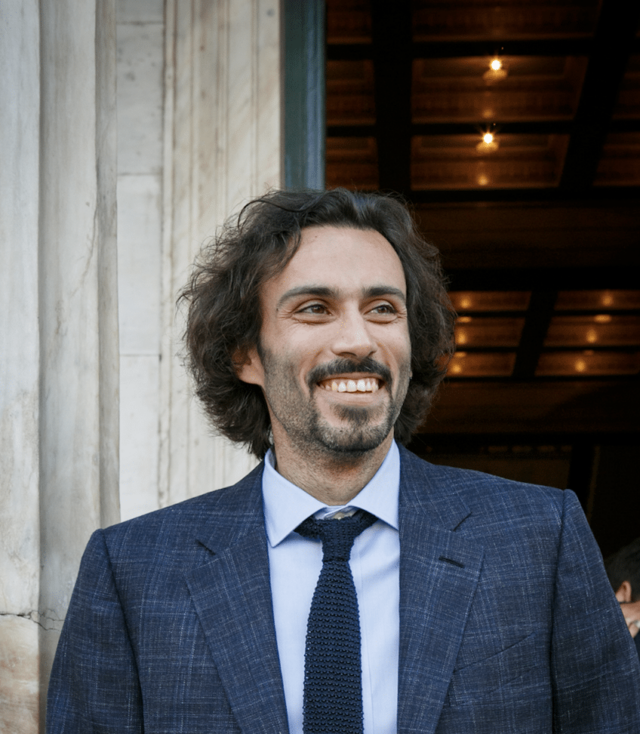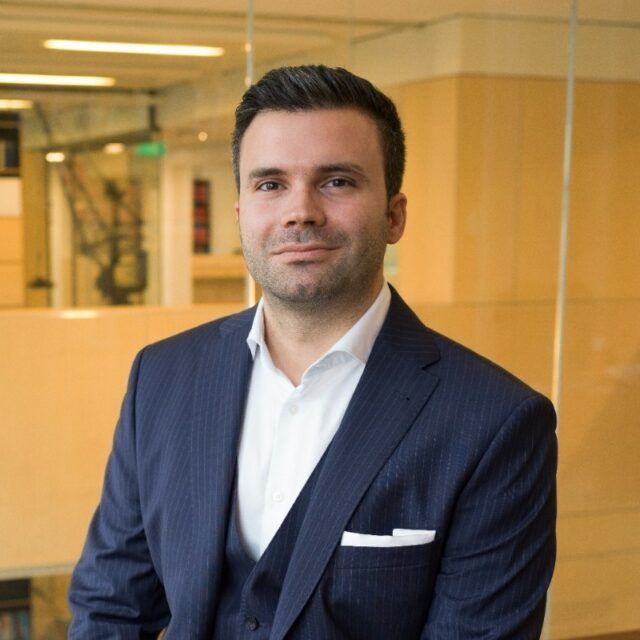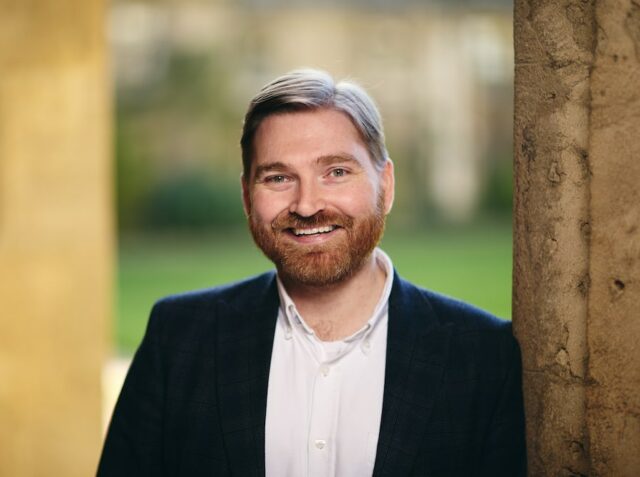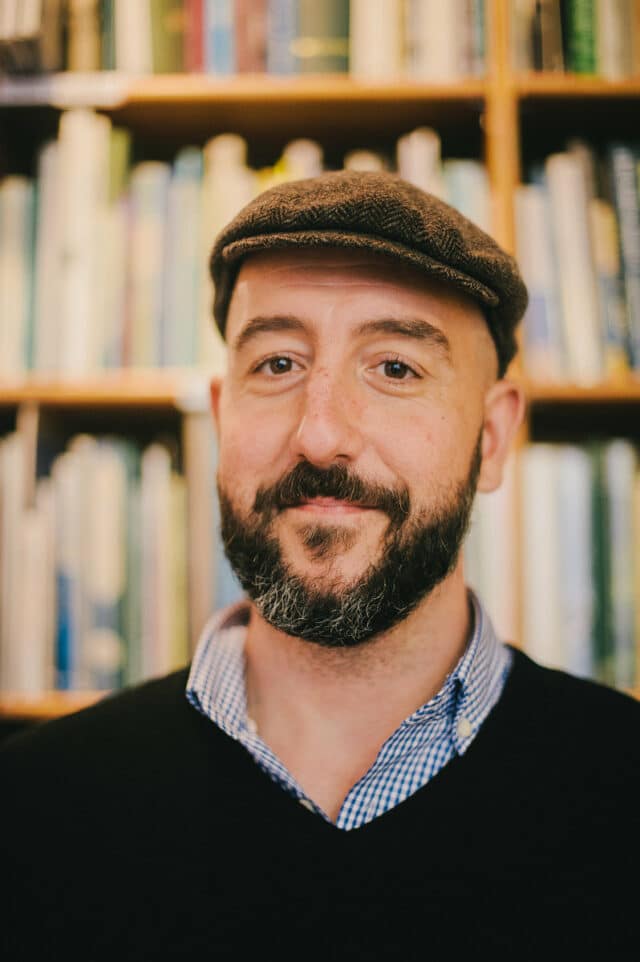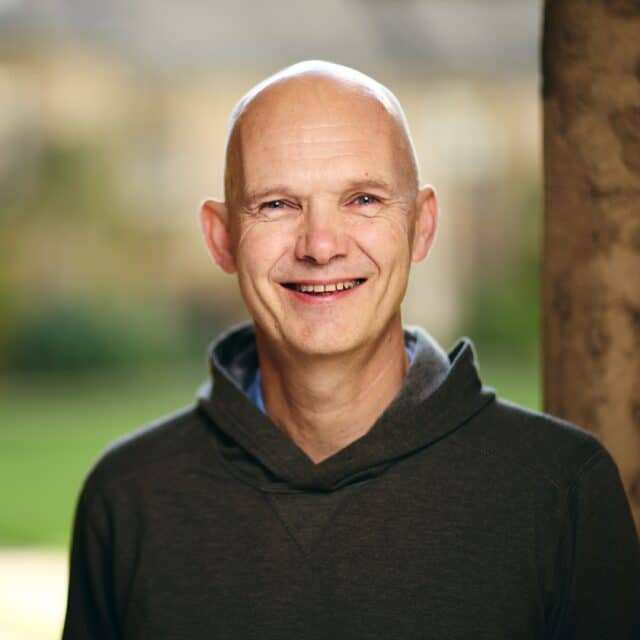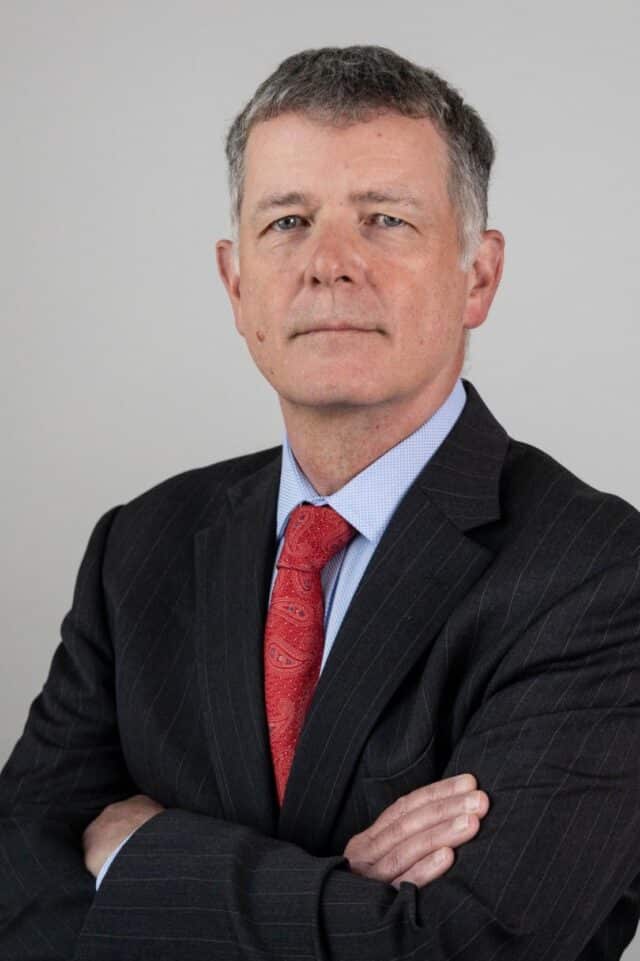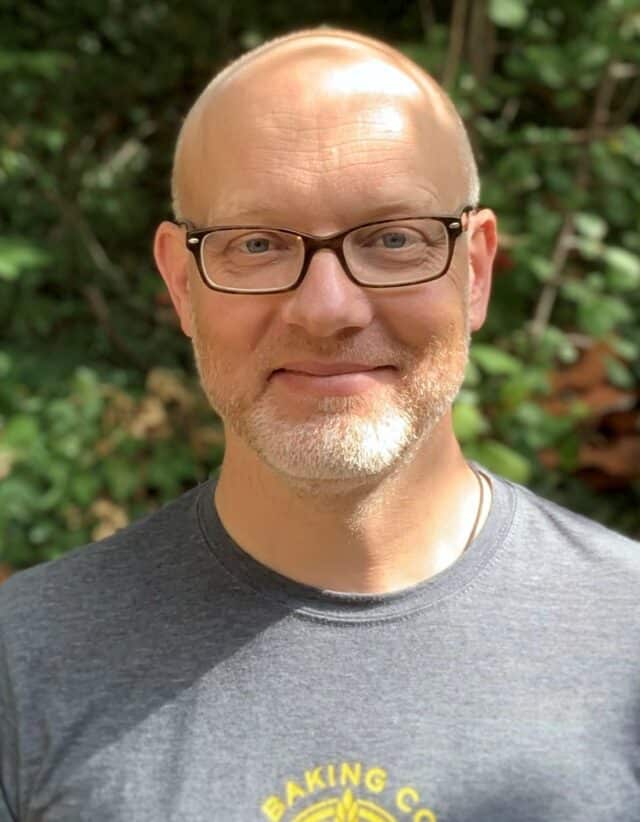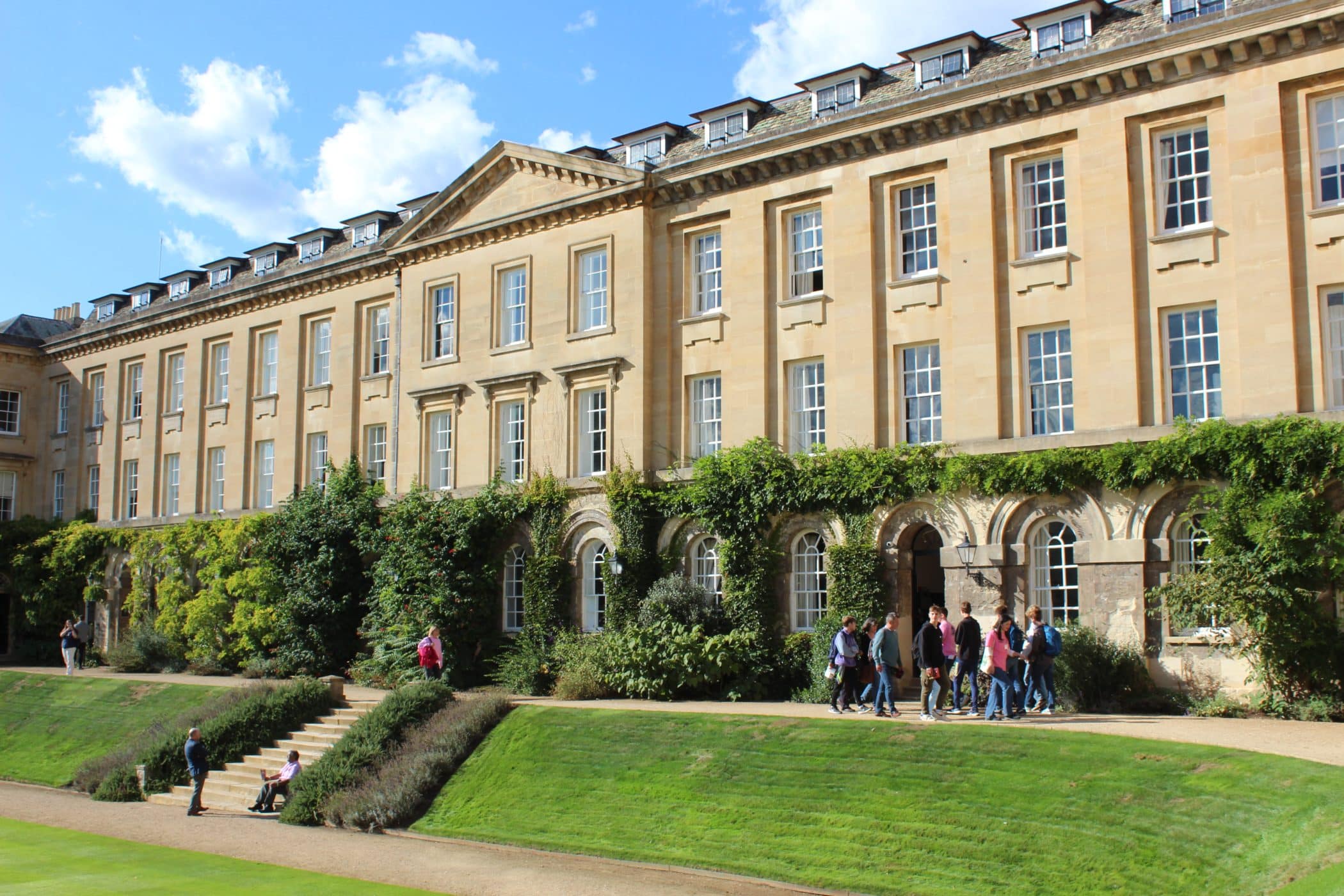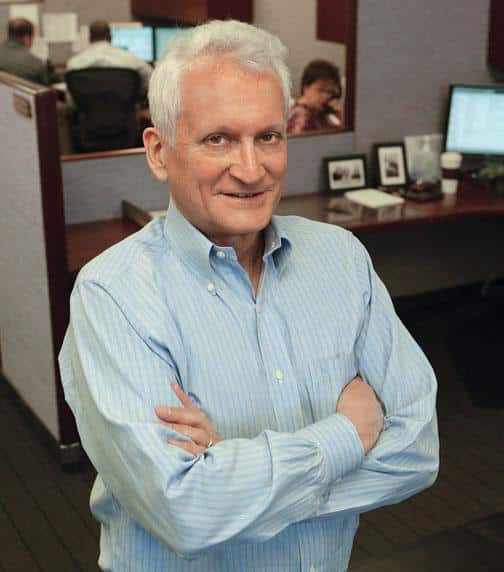
David Loevner
Honorary Fellow
Founder & Chairman of Harding Loevner
Education
1976, Economics
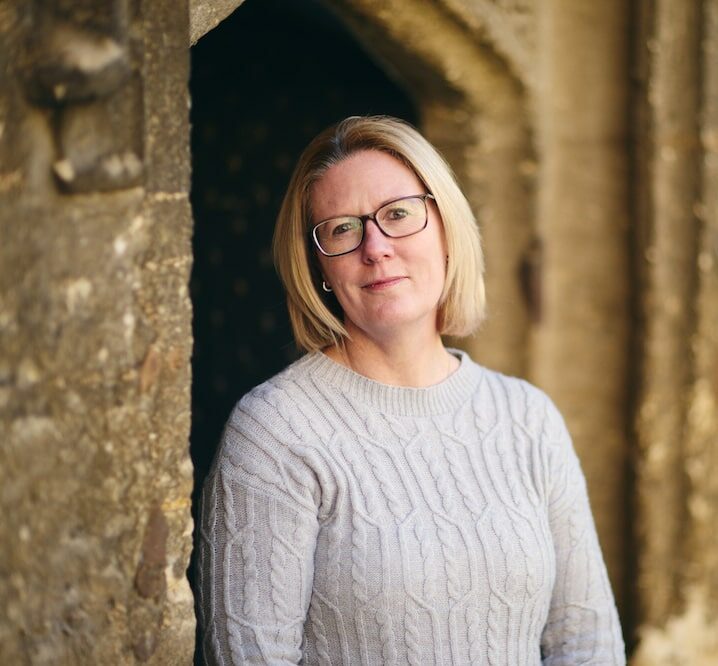
Caroline Long
Accommodation Manager
Caroline is responsible for the provision of student accommodation and furniture at Worcester.
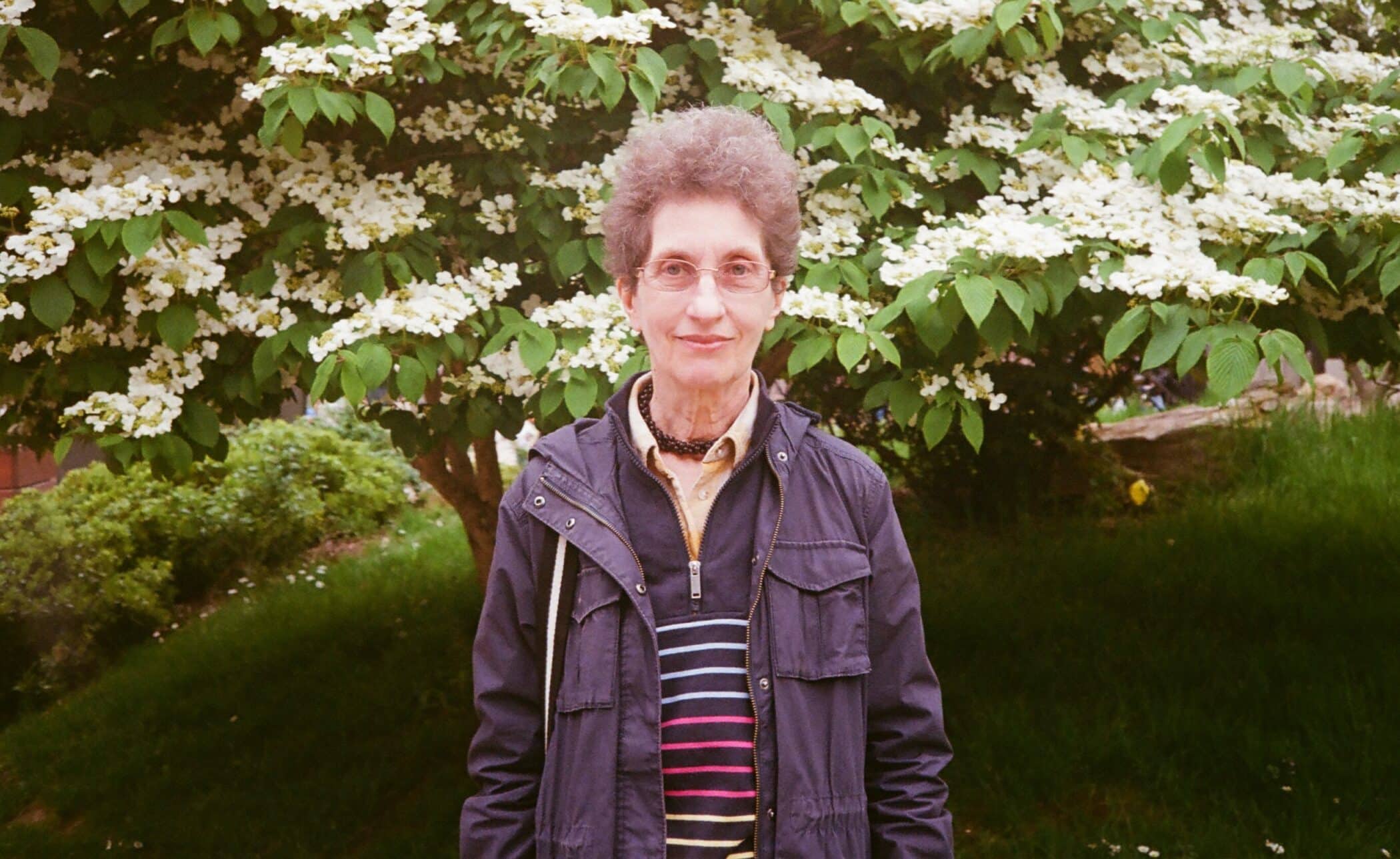
Dr Sabina Lovibond
Emeritus Fellow
Tutor in Philosophy (1984-2011)
Education
MA (Oxford), PhD (London)
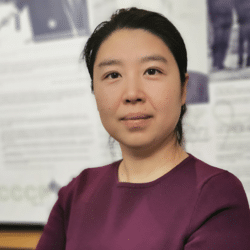
Dr Huiqi Yvonne Lu
College Lecturer in Engineering
Associate Member of Faculty, Department of Engineering Science
Associate Fellow, Somerville College
Education
DPhil (Sussex)
Huiqi Yvonne Lu is a biomedical data scientist, an Associate Member of Faculty and the Co-Chair of Researchers Committee at the Department of Engineering Science, University of Oxford. She also holds an honorary Research Fellow position at the George Institute for Global Health, Imperial College London. Her research focuses on clinical machine learning, sensor signal processing, and wearable devices for patient monitoring, especially on digital health innovations for global women’s health and chronic health conditions such as diabetes. Her current research interest is to develop health foundation model for time-series data, and exploring the feasibility of using meta-learning with large language models for explainable AI for health monitoring, disease discovery, thereby reduce digital health disparities, especially for LMICs. One of her recent research adventures is to develop reasoning-informed model to enhance clinical capacity in India using large language models, funded by the Bills and Melinda Gates Foundation Global Challenge Grant and the George Institute for Global Health.
Dr Lu obtained her DPhil in mobile computing and pattern recognition at the Centre of Signal Processing and Industrial Informatics, University of Sussex, UK, sponsored by the UKRI Oversea Research Student Scholarship and the Sussex GTA Scholarship. During her doctoral study, she developed a commercial iris-identification system for mobile devices, which led to a patent and her work was presented at the SET for Britain, UK Parliament. After finishing her DPhil, Dr Lu moved onto the biomedical & clinical research on electrical impedance tomography for breast cancer at the Oxford John Radcliff Hospital (funded by GE Health) and diabetic retinopathy imaging at the Institute of Chronic Diseases, University of Liverpool.
In 2019, after a five-year career break, Dr Lu joined the Institute of Biomedical Engineering at the University of Oxford with a Daphne Jackson Trust Career Re-entry Research Fellowship, sponsored by the Royal Academy of Engineering and the University of Oxford. Her Fellowship project focused on the development of machine learning methods for robustly tracking patient condition using home-monitoring systems for chronic disease, with a special focus on maternal health and diabetes. During her journey at the Computational Health Informatics (CHI) Lab, with great honour, Dr Lu was mentored by Prof David Clifton (AI in health — Engineering Science) and Prof Lucy MacKillop (clinical — Oxford University Hospitals and and industrial — EMIS Health). She was honoured to attain the Somerville College Fulford Junior Research Fellowship (2020-2023), the Oxford MPLS Enterprise and Innovation Research Fellowship (2021-2022), and the Oxford Saïd Business School Idea2Impact Research Fellowship (2023). In recognition of her academic progression, she was promoted to the Associate Member of Faculty in 2023. Dr Lu has led and co-led clinical AI and mobile biometrics projects in both academic and commercial settings, and filed one patent.
Dr Lu is an Associate Editor of Nature npj Women’s Health, a Chief Editor of the special collection of Advances in AI for women’s health, reproductive health, and maternal care: bridging innovation and healthcare, and a guest editor of Frontier Signal Processing. She has served as a workshop committee member and junior round table chair at at notable conferences, including ICLR (PMLDC), NeurIPs (ML4H), IJCAI(KDHD), and the PHME. Dr Lu is an active contributor in the IEEE Standard Committee for P3191: Performance Monitoring of Machine Learning-enabled Medical Device in Clinical Use.
Dr Lu is also a Royal Academy of Engineering STEM Ambassador (2020 — current).
- Machine learning and health foundation models
- Digital health innovations for patient monitoring
- Signal processing on time-series sensor data
- Physiological and psychological modelling with inference learning and LLMs
- Robotics and human interactions
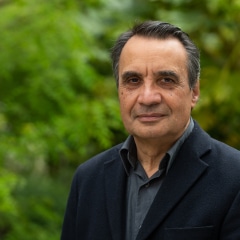
Professor Ernesto Macaro
Emeritus Professor of Applied Linguistics
Director of the Department of Education (2013-2016)
Emeritus Fellow
Education
BA (Kent), MA (Oxford), MA (Warwick), PhD (Reading)

Dr Ewan Macdonald
Kadas Senior Research Fellow in Conservation Geopolitics
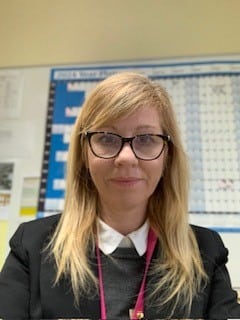
Leigh MacNeill FCCA CIMA
College Accountant
Education
DipMA

Dr Rachel Malkin
Isenberg Junior Research Fellow
Education
BA, MSc, PhD
Dr Rachel Malkin is the current Isenberg Junior Research Fellow at Worcester College and has held posts in the Faculties of English at the Universities of Oxford and Cambridge, and at St Hugh’s College, Oxford. Her research interests include 20th and 21st Century US fiction, philosophy in relation to American culture, afterlives of American romanticism, experiential aesthetics, the politics of the ‘ordinary’, theories of criticism and the role of the critic, and intellectual history.
Her first book (forthcoming from Edinburgh University Press) considers the work of the American philosopher Stanley Cavell in context, alongside the writing of literary contemporaries. She has also published articles and reviews on American poetry, Cavell, and film. Projects in progress include articles on the American investments of literary criticism’s ‘positive’ affects and stances, and on Claudia Rankine’s uses of conversation and the experiential.

Dr Max Marcus
College Lecturer in Chemistry & Mathematics
Education
MSc DPhil (Oxford)
Max completed his MSc and DPhil at Oxford and was a Research Fellow at the University of Warwick before returning to Oxford as a Post-doc. He has been teaching maths and physical chemistry since his DPhil and is also a Post-doc at Princeton University (remotely) and teaches at other colleges.
Max’s research focusses on the interaction of quantum mechanics and chemistry, namely how quantum effects (such as entanglement) can influence the chemistry of materials and reactions, and how we can harvest such effects to our advantage. On a daily basis, this means dealing with noisy open quantum systems, the current frontier of theoretical chemistry. These systems tend to be very hard to model due to the large number of degrees of freedom within the systems, and the inherently stochastic nature of noise within them. But, understanding how these systems transport energy (usually in form of an electronic excitation) is crucial in order to design more advanced materials, for instance for solar energy capture but also for computing.
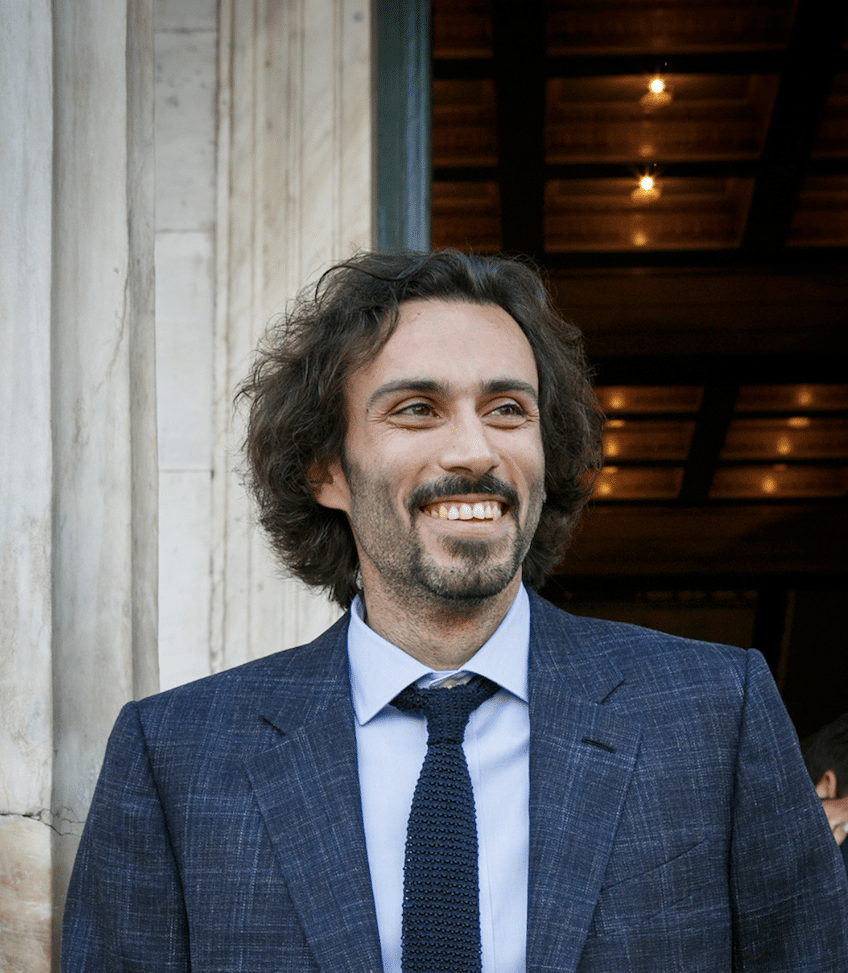
Professor Kostas Margellos
College Lecturer in Engineering
Associate Professor of Engineering Science
Official Fellow, Reuben College
Education
Dip Eng (Patras), PhD (ETH Zurich)
I received the Diploma in electrical and computer engineering from the University of Patras, Greece, in 2008 and the Ph.D. in automatic control from ETH Zurich, Switzerland, in November 2012, under the supervision of Prof. John Lygeros.
From December 2012 till December 2013 I was a post-doctoral researcher at ETH Zurich working with Prof. John Lygeros, while from January 2014 till January 2015 I was a post-doctoral researcher in the Department of Industrial Engineering and Operations Research at UC Berkeley, working with Prof. Shmuel Oren. From February 2015 till February 2016 I was a post-doctoral researcher at the Department of Electronics, Information and Bioengineering, at Politecnico di Milano, working with Prof. Maria Prandini.
In March 2016, I joined the Control Group, Department of Engineering Science, University of Oxford, where I am currently an Associate Professor. I am also a Fellow in AI & Machine Learning at Reuben College, and a Lecturer at Worcester College.
Since 2020 I am an Associate Editor for Automatica. Since 2016 I am an Associate Editor, Conference Editorial Board: IEEE CSS, EUCA and IFAC. In 2019, 2020 and 2021 I received a Teaching Excellence Award, Department of Engineering Science, University of Oxford (upon nomination of undergraduate students). In 2013 I received the ETH Medal for my PhD thesis.
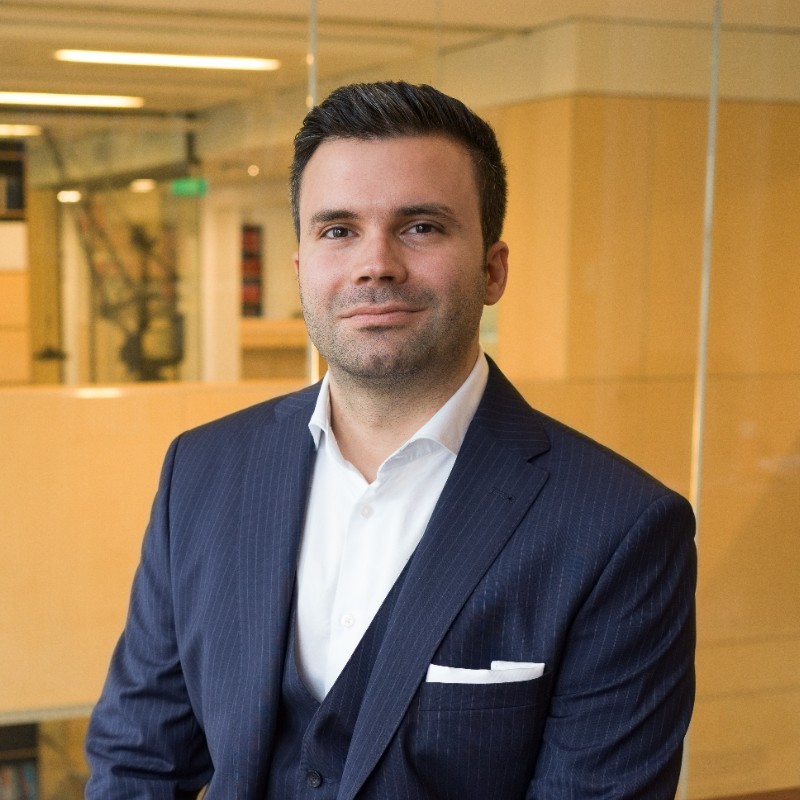
Dr Menelaos Markakis
College Lecturer in Law
Assistant Professor, Erasmus Universiteit Rotterdam
Education
MJur DPhil (Oxford)
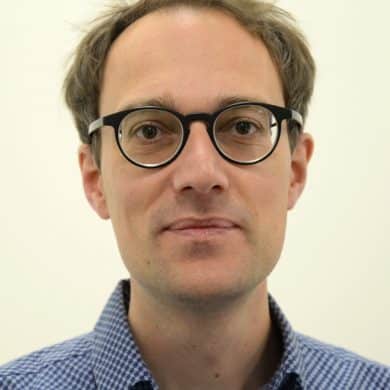
Professor Hauke Marquardt
Fellow & Tutor in Earth Sciences
Associate Professor of Solid Earth Geosciences
Education
MSc (Eberhard-Karis), Dr rer nat (FU Berlin)
My research focuses on the experimental exploration of material properties at extreme pressure and temperature conditions typical for planetary interiors. I develop and perform both laboratory experiments and measurements at large-scale synchrotron facilities. I use the results to interpret geophysical observations as well as to improve geophysical models of planetary interior dynamics and deep Earth material cycles.

Dr Mary Marshall
College Lecturer in Theology
Director of Undergraduate Studies and Outreach, Faculty of Theology & Religion
Education
BA MSt DPhil (Oxford), PGCE
After graduating from Keble College with a BA in Theology in 2004, Mary pursued her MSt and DPhil under the supervision of Prof. Christopher Tuckett, researching the portrayals of the Pharisees in the Gospels and Acts of the Apostles. Having completed a PGCE in secondary education, Mary worked for a time as a Religious Studies teacher before returning to the University as a Departmental Lecturer in New Testament Studies at the Faculty of Theology and Religion (2012-2016) and Fellow and Tutor in Theology at St Benet’s Hall (2012-2022). In 2016 Mary took up her current position as Director of Undergraduate Studies and Outreach and is a lecturer at Worcester College.
The New Testament; particularly the Gospels and Acts; the context of the New Testament in First Century Judaism; the portrayal of Jews and Judaism in New Testament Texts; the relationship between Judaism and early Christianity; “redaction-critical” approaches to the interpretation of New Testament and other early Christian and ancient Jewish texts.
- ‘The New Testament’ in Katherine J. Dell (ed), The Biblical World (2nd ed; Abingdon: Routledge, 2022).
- ‘Josephus and Mark 2:13-3:6: Controversies with the scribes and Pharisees’ in Blackwell, Ben C., Goodrich, John K. and Maston, Jason (eds), Reading Mark in Context: Jesus and Second Temple Judaism (Grand Rapids, MI: Zondervan, 2018), 55-61.
- ‘Becoming “Another”: Nicodemus and his relationships in the Fourth Gospel’ in Schmiedel, U. and Matarazzo Jr, J.M. (eds), Dynamics of Difference: Christianity and Alterity. A Festschrift for Werner G. Jeanrond (London: Bloomsbury, T&T Clark, 2015), 33-40.
- ‘The Portrayals of the Pharisees in the Gospels and Acts’ (FRLANT 254; Göttingen: Vandenhoeck & Ruprecht, 2015).
- ‘“Blessed is anyone who will eat bread in the kingdom of God.” A Brief Study of Luke 14.15 in its Context’ in Tuckett (ed), Feasts and Festivals (Leuven: Peeters, 2009).

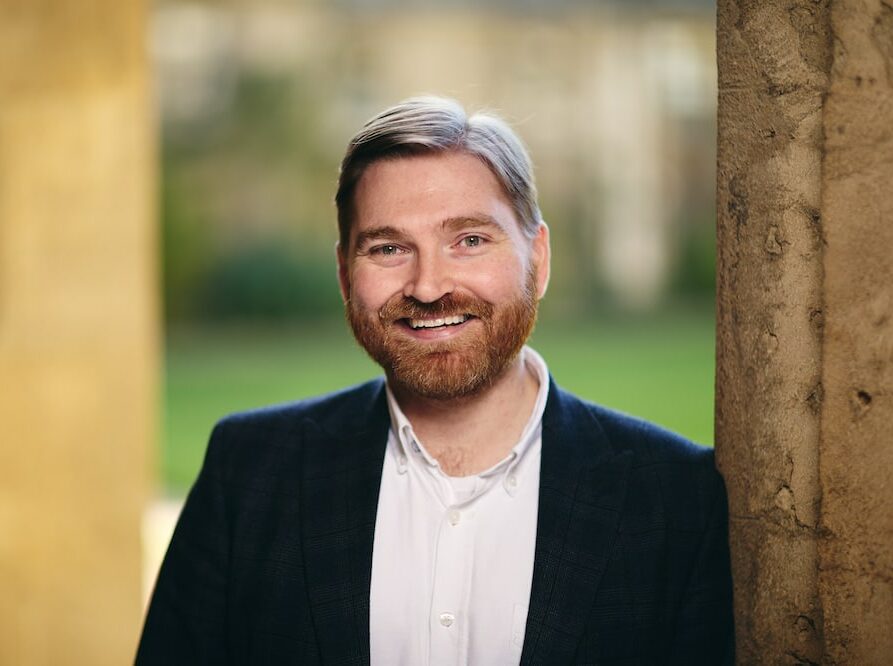
Dr Kevin Matlock
Junior Research Fellow in the Social Sciences
Education
BA MA (Humboldt State), PhD (South Denmark)
Dr Matlock works in the Department of Psychiatry managing a variety of research projects related to well-being in university students. These projects are conducted in parallel with six other universities across the UK as part of a collaboration with the Nurture-U Research Consortium. Before coming to the University of Oxford, Dr Matlock held professional appointments at universities in North America, Asia, and Europe, conducting research related to biopsychology and lecturing on a broad range of topics in psychology. He completed a PhD Fellowship in Medical Psychology at the University of Southern Denmark, and he now holds a Junior Research Fellowship in Social Sciences at Worcester College.
Dr Matlock’s primary research interest is in understanding and improving well-being, in particular using multi-domain frameworks for quality of life where well-being is conceptualised across the physical, psychological, social, and environmental domains. He has pursued this interest using a mixed-method approach, including descriptive case studies for adults and adolescents with developmental disabilities at the community level, as well qualitative thematic analysis and large-scale quantitative analysis of clinical trial data for patients with diabetes at the international level.
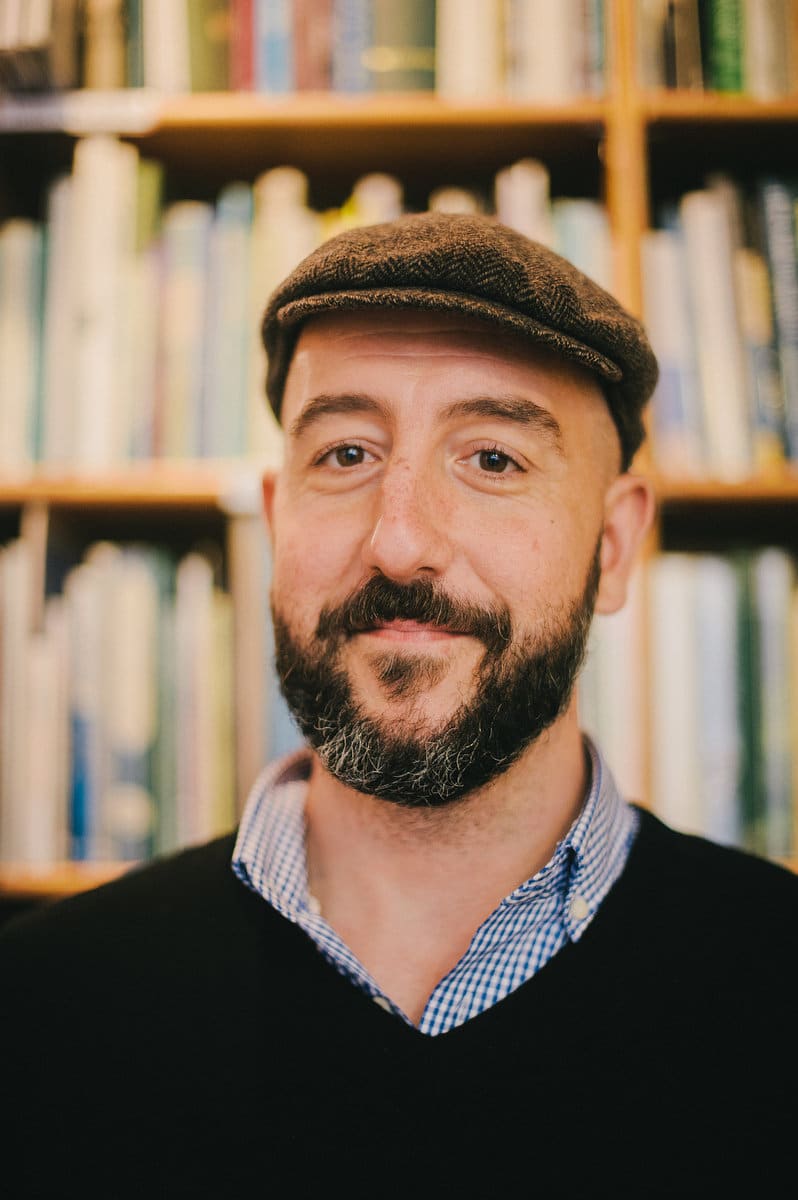
Dr Michael Mayo
Director of the Visiting Student Programme
Governing Body Fellow
Education
MA (Harvard), MSc (Edinburgh), DPhil (Oxford)
I run Worcester’s Visiting Student Programme, which welcomes about 28 students from around the world each term. I organize a reading group for undergraduates, graduates, staff, and guests to study Marx’s Capital. I was the first person in my family to go to university; I started a free, state school for inner-city children back in my Boston (US) neighbourhood; and I am involved in a range of programmes to increase access to Oxford.
I lead tutorials in Anglophone literature from 1830 to the present day, and I have supervised many undergraduate dissertations on subjects ranging from Working-Class Film in Scotland and Wales to Prison Literature of Northern Ireland to musical composers who use tweets as orchestral scores.
My research focuses on the work of modernist writers and their engagement with religion, psychoanalysis, and ideology. My book, James Joyce and the Jesuits (2020, Cambridge UP) examines the ways James Joyce used The Spiritual Exercises of Ignatius of Loyola to produce a certain kind of labour for his readers, a labour that engages the psychoanalytic transference to unravel our understanding of what ‘believing’ means, especially when it comes to representation, language, and social relations. I’ve also published work on literature about the Sacco and Vanzetti case as well work on Arthur Conan Doyle and others.

Mrs Sarah McCartney FRCS
College Lecturer in Medicine
Education
MSci (Cambridge), BM BCh (Oxford), PGCert
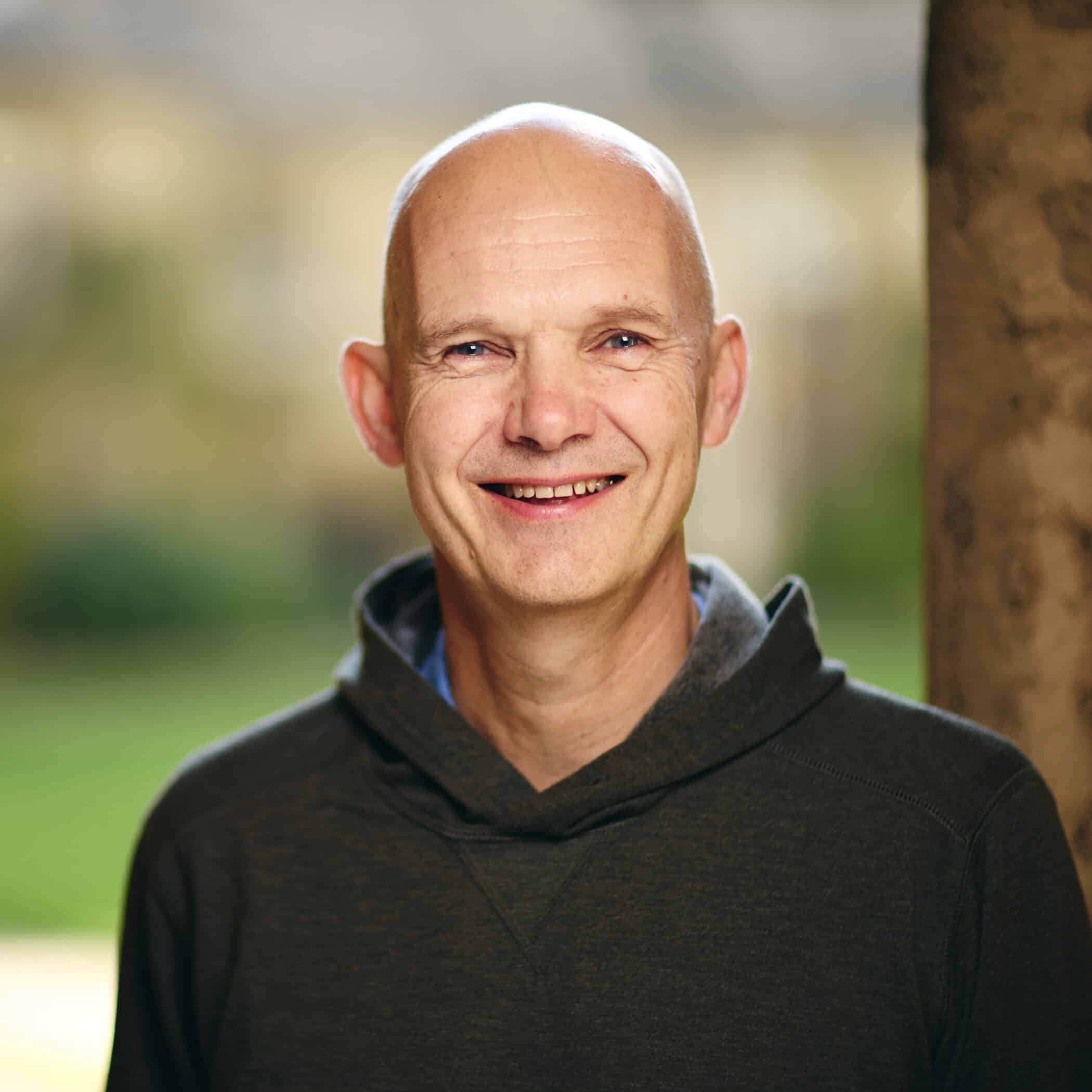
Professor Iain McCulloch FRS
Fellow & Tutor in Chemistry
Professor of Polymer Materials
Education
BSc PhD (Strathclyde)
I began my career after graduating with a PhD in Polymer Chemistry from the University of Strathclyde at Hoechst Celanese Corporation in New Jersey, USA where I designed, developed and commercialized functional polymers for a range of optical, electronic, and drug-delivery applications, including a water-based antireflective polymer system for photoresist processes with AZ Clariant. I then moved to ISP Corporation in New Jersey to manage the polymer physics research group, working on developing methodology for rheological surface science and electronic products.
In 2000, I returned to the UK as a research manager at Merck Chemicals in Southampton, where I was responsible for developing semiconducting polymers for organic electronic and solar-cell applications. A key aspect of this research was the exploitation of molecular alignment and organization of semiconducting polymers and small molecules in the liquid crystalline phase. At Merck, my group discovered a liquid crystalline thiophene polymer, pBTTT, which subsequently underpinned many research advances in charge transport of organic thin films since its publication in Nature Materials in 2006, which garnered the distinction of one of the top ten most influential papers published in the first five years of publication of the journal.
In 2007, I joined the faculty at Imperial College London to continue research in organic semiconductor materials. At this time, along with colleague Professor Martin Heeney, I cofounded the specialty chemical company Flexink Ltd, supplying a range of electronic materials to leading manufacturers across the world. At Imperial, I continued to explore new chemistries for organic solar cells and transistors, developing the polymer IDTBT, which exhibits disorder free transport, and an early non-fullerene electron acceptor for solar cells, IDTBR.
I joined KAUST, Saudi Arabia, in 2014 and became Director of the KAUST Solar Center in 2016. This work developing new solar cell materials led to the discovery that a ternary materials blend, with two non-fullerene acceptors, could outperform the equivalent binary devices, leading to high power conversion efficiencies, that helped towards a resurgence in the field. I joined the University of Oxford in 2020, where I continue a range of research activities in the development of organic semiconductors for thin-film transistors, photovoltaics, photodetectors, photocatalysis and bioelectronics.
My research has focussed on using chemical molecular design and synthesis to create new organic materials capable of enabling new applications in optics, electronics and sensors. These materials have specific functionality which can facilitate for example, light absorption to enable new flexible solar cells, detection of metabolites for bioelectronic sensors, electron conduction for transistors, and more recently, enhanced hydrogen production from photochemical catalysis of water.
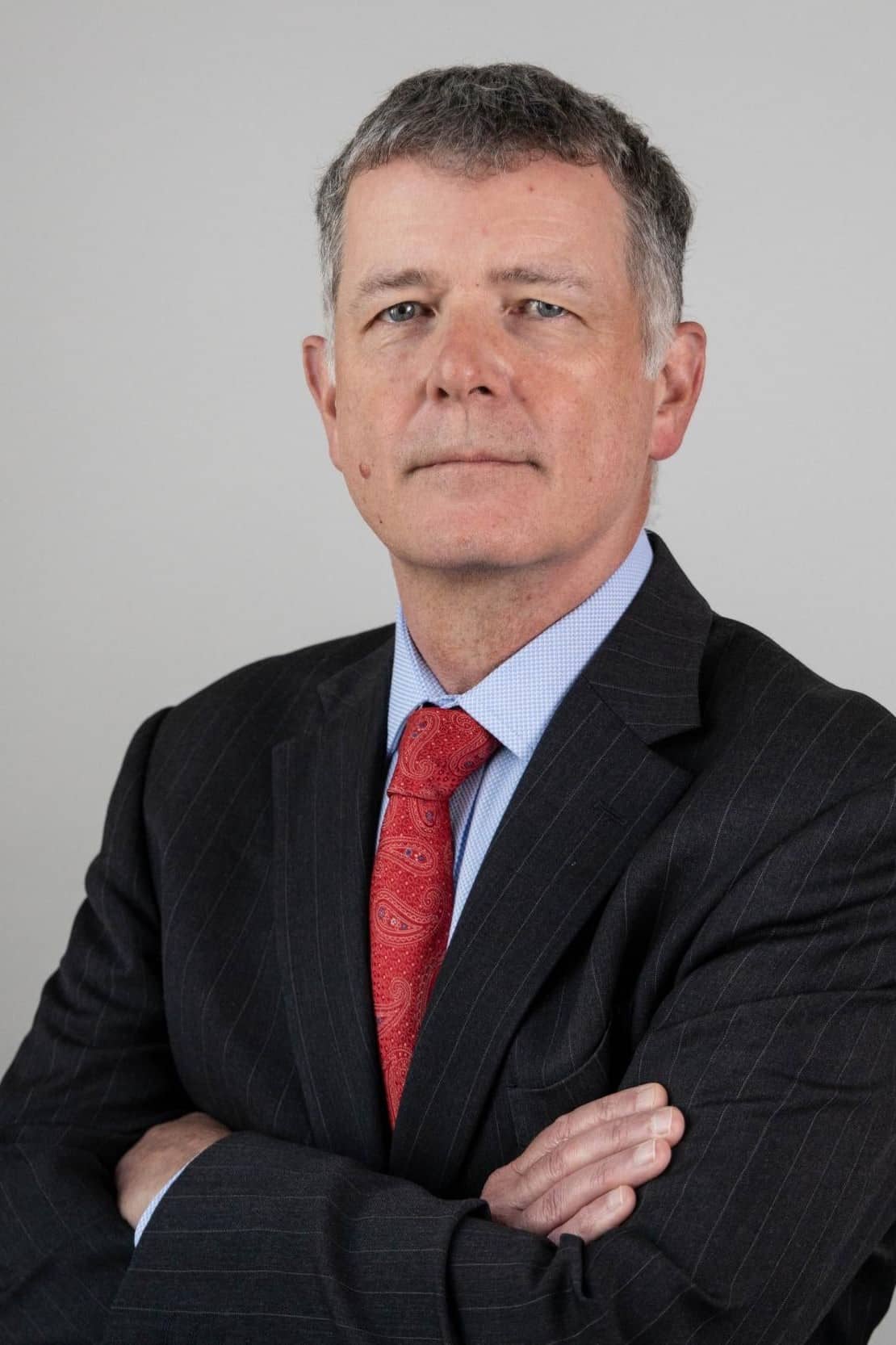
Sir Richard Moore KCMG
Honorary Fellow
Chief of the Secret Intelligence Service
HM Ambassador to Turkey (2014-2017)
Richard Moore is the Chief of MI6, the UK Secret Intelligence Service. Richard was Director General for Political Affairs at the Foreign & Commonwealth Office from April 2018 to August 2020. He served as British Ambassador to Turkey from January 2014 to December 2017. Previously he was Director for Europe, Latin America and Globalisation (2010 to 2012) and Director for Programmes and Change (2008 to 2010). He has had postings in Vietnam, Turkey (1990 to 1992), Pakistan and Malaysia.
Richard Moore was born in Libya. He has a BA in Philosophy, Politics and Economics (PPE) from Oxford University and, on leaving Oxford, won a Kennedy Scholarship for post-graduate study at the Kennedy School of Government at Harvard University. In 2007, he attended the Stanford Executive Programme.
Married to Maggie, with 2 children, Richard’s interests include golf, hiking, scuba-diving, Turkish carpets and porcelain, and visiting historical sites.
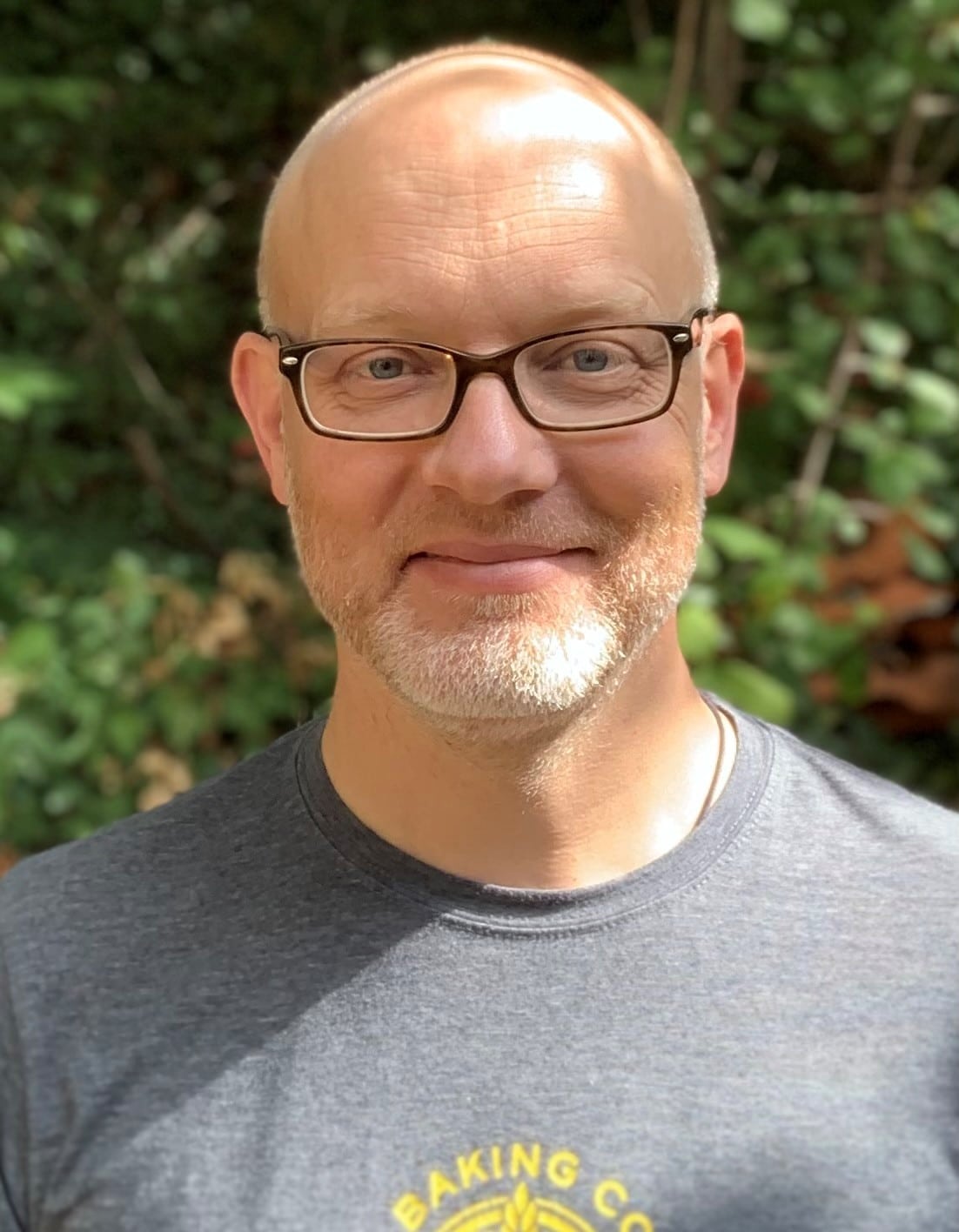
Professor Benjamin Morgan
Fellow & Tutor in German
Professor of German and Comparative Literature
Education
MA DPhil (Oxford)
Benjamin Morgan’s main research interests are in German intellectual history (medieval mysticism, Nietzsche, early psychoanalysis, Heidegger, the Frankfurt School); German film (Fritz Lang, Leni Riefenstahl, the ‘Heimat’ film) and comparative literature. He has also worked on contemporary writing (Jelinek, Trojanow, McEwan). His current book project engages critically with the work of the Frankfurt School during the 1930s and 1940s to elaborate a model of socially committed, reflexive interdisciplinarity for the 21st century.
Benjamin is also the Modern Languages Coordinator for Oxford Comparative Criticism and Translation.
German language and literature: special interests in German intellectual history; German film; the cross-over between the cognitive sciences and phenomenology
I supervise graduate work on the cultural history of the German speaking world from the late 19th century to the present: literature, philosophy, film and other cultural institutions in a cultural context.
DPhil topics supervised to date: German film 1930-1950; Heidegger and French post-structuralism; Heidegger and Nietzsche; the ‘Neues Museum’ as a new paradigm of cultural memory; the everyday in Berlin and Vienna circa 1900; Journal Culture in the Weimar Republic; Agency in the films of Petzold, Akın, Tykwer; Genre in contemporary German narrative film, esp. Dominik Graf; The poetry of Thomas Kling in the context of BRD in the 1970s and 1980s; a comparative approach to the work of Thomas Bernhard; the international high and pop cultural reception of Thomas Mann’s ‘Zauberberg’; Embodied cognition in German modernism; the metaphor of ‘games’ in Wittgenstein and Hermann Hesse; Gerda Walther’s phenomenology in the context of German modernism; Walter Benjamin and Calderon; Wittgenstein, creativity and AI.









